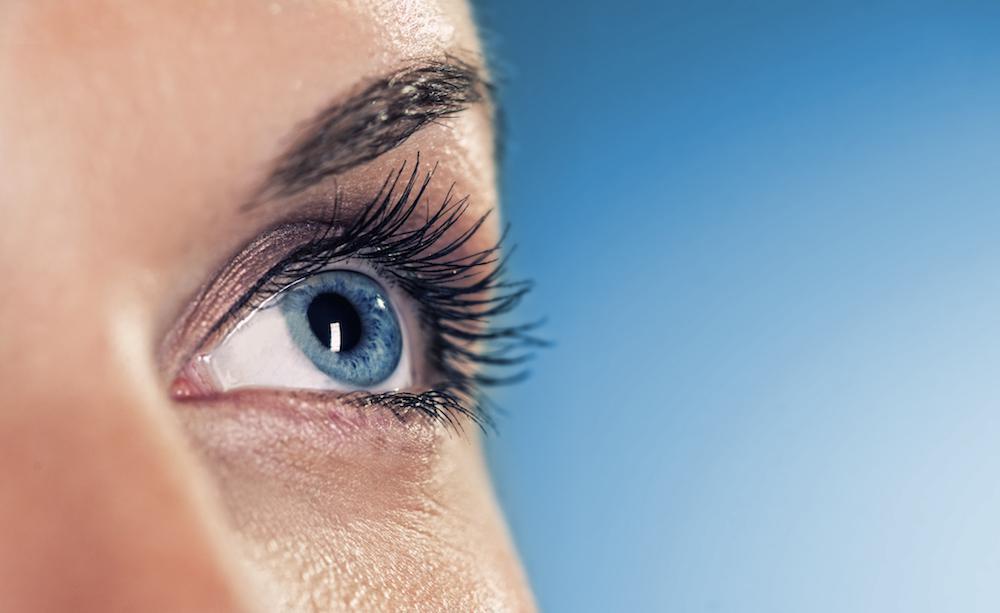
Most people expect certain health challenges in the winter, like colds and flu. What they may not anticipate, however, is the pain and burning of dry eyes.
In reality, winter is the most common season for people to experience uncomfortable stinging, itchiness, and blurry vision thanks to the lower humidity outside from the cold and inside from heaters working overtime.
Fortunately, there are a number of simple home remedies you can try to help get the problem under control. If those don’t help, however, it might be time to see a specialist. At Pacific Eye, with offices in San Luis Obispo and Pismo Beach, California, our ophthalmologists and optometrists offer cutting-edge care for a variety of eye ailments including dry eyes.
We’d like to share these suggestions for preventing and managing dry eyes.
Stay protected from the elements
The cold and wind can quickly dry out your eyes, so be sure to don eye protection or a hat with a visor along with your coat and gloves. Ultraviolet (UV) light exposure can be high in the winter, especially if you’re in an area where the sun reflects off water or ice and snow. Sunglasses can help keep your eyes safe and moist while also decreasing the chance of cornea inflammation which can result in red, sore, and light-sensitive eyes.
Also, keep in mind not all trouble spots are outside. Watch for blowing air from space heaters indoors and car vents when driving, as air making a direct impact on your eyes can cause the tear layer to evaporate. Get the car the right temperature before getting in, and then aim the vents at your feet if possible. Otherwise, wear sunglasses.
Keep your eyes moist
Use a humidifier to increase the amount of moisture in the air and help prevent your eyes from becoming dried out. In addition, try placing a warm compress over your eyes in the mornings and evenings. Some individuals have clogged oil glands which can cause problems in the production of the outer oily layer resulting in tears evaporating too fast, leaving eyes feeling dry and scratchy.
Drink plenty of fluids to encourage good hydration in the eyes and the body overall. Also, consider adding a fish oil supplement to your diet, as omega-3 fatty acids have been shown to help reduce dry eyes.
Take “blink breaks”
The act of blinking spreads tear film over the eyes to help them stay hydrated. When we stare at our screens, however, we blink 50% less, on average, which can lead to dry eyes.
Make a conscious effort to take breaks to blink and look at objects in the distance to help rehydrate your eyes. One good suggestion is to spend 20 seconds starting at something 20 feet away and to do this every 20 minutes.
Use eye drops
Use eye drops preemptively, as it’s easier to keep eyes moist initially than to try to rehydrate them after they’ve become dry. Artificial tear lubricant ointments may be used up to four times a day, while preservative-free drops can be applied as often as necessary. Avoid versions that claim to reduce redness, as they can cause more irritation.
See a doctor
If these basic remedies don’t help alleviate your dry eyes, make an appointment with us. One of our eye doctors can examine your eyes and help determine the quality and amount of tear production through specialized testing. And sometimes certain medications may cause dry eyes as a side effect, so if you’re taking anything, we can look into that possibility, too.
If you’re tired of living with burning, stinging eyes and are ready for relief, call one of our offices or click to book an appointment at Pacific Eye today.







